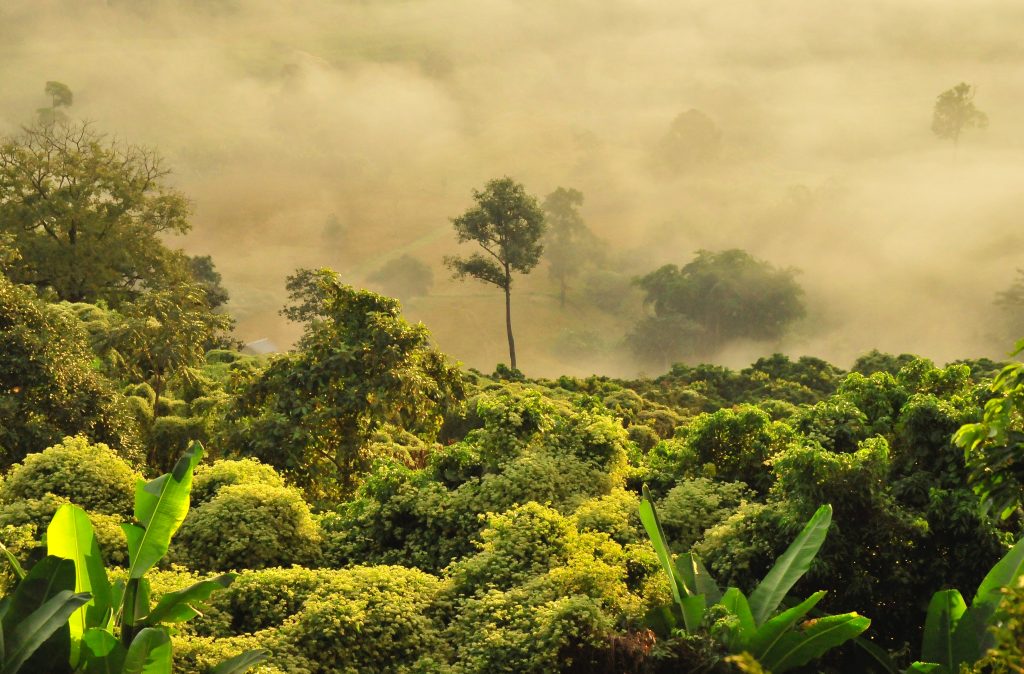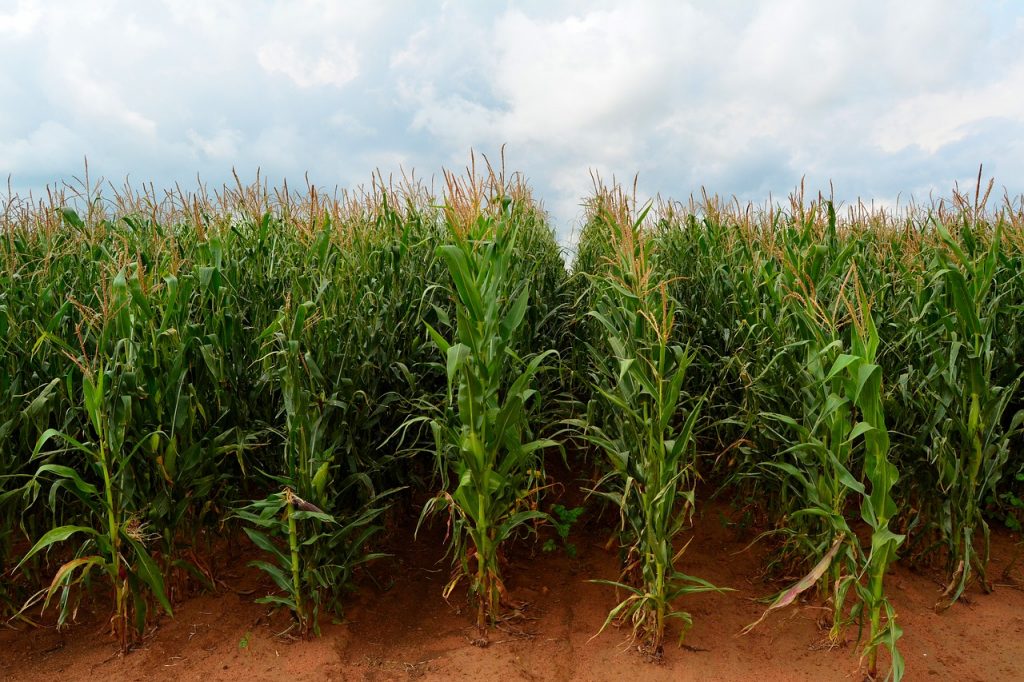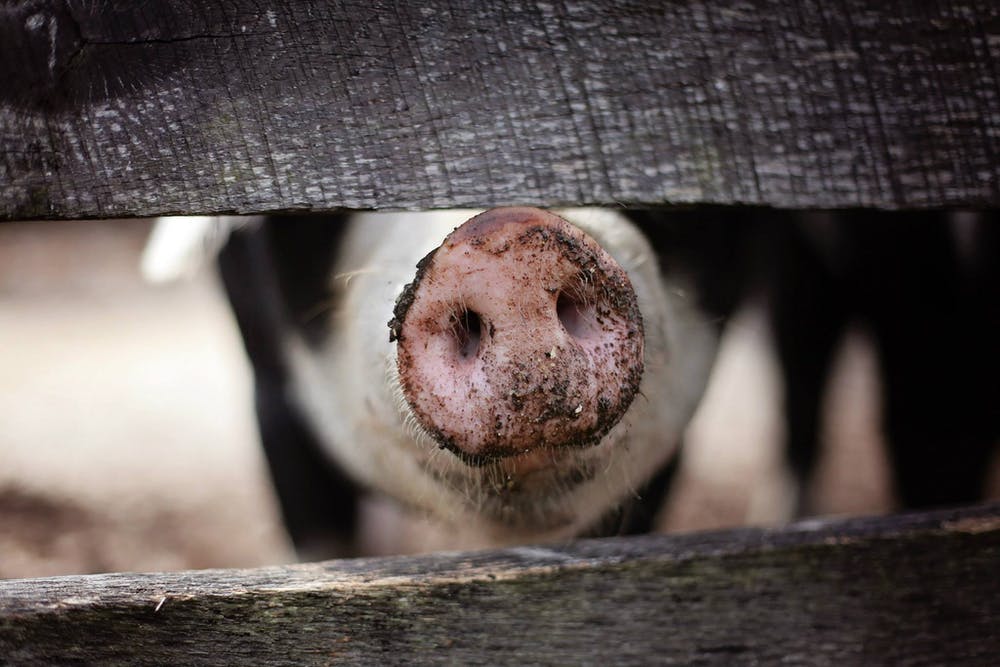Our food choices can become a powerful weapon against the climate crisis and animal exploitation, and to enhance individual and collective health. Can such targets be met if we reduce meat consumption?
Climate Impact
The agricultural sector is responsible for about a quarter of global greenhouse gas emissions, of which more than 60% come from meat production through belching and manure.
Intensive feed production is also one of the main causes of global deforestation. To get a sense of the impact of this sector on the geo-conformation of our planet, 59% of all arable land is used for fodder production. Industrial agriculture also impoverishes and depletes the soil: the lack of vegetation leaves the land unprotected, exposing it to weather elements eroding it.

Biodiversity Loss
Another consequence of deforestation is the continued destruction of natural habitats that are essential to the survival of many plant and animal species. Around 80% of threatened species of birds and land mammals are endangered by habitat loss caused by agriculture, and a quarter of the survivors are at risk of extinction in the next few years.
Furthermore, the use of chemical pesticides and fertilisers not only pollutes the soil and water, but also causes the death of creatures such as earthworms, fungi and bacteria, which live and reproduce on that soil, as well as of key insects for our ecosystem, such as bees.
Drastically reducing meat consumption would relieve the pressure exerted by the agricultural sector on the environment, allowing us to produce less and better. Land and resources could be freed up or redirected to a more environmentally friendly production.

Water Footprint
The livestock sector accounts for about a quarter of the global water footprint. This estimate takes into account all stages of production: from irrigating the fodder, to watering the animals, to processing the meat.
Farming is also the most important source of water pollutants: animal manure, antibiotics, hormones, fertilisers and pesticides used in the production of animal feed deplete our planet’s water resources.
Animal Exploitation Although treated as raw materials, animals on intensive farms are sentient beings. Unfortunately they are forced to spend their short and painful lives crammed into cages or pens, tied up, often mutilated, force-fed and force-bred. Many never even get a chance to move, and some babies are crushed to death due to lack of space.

Health
The International Agency for Research on Cancer (IARC) has classified processed meats (cured meats and sausages) as carcinogenic, and red meats as probably carcinogenic. For years now, nutritional guidelines recommend switching back to a Mediterranean diet and to reduce meat consumption: 500 grams per week is enough. Excessive consumption of red meat also contributes to an increased chance of developing chronic diseases, such as cardiovascular diseases.
Finally, intensive livestock farming also plays an important role in the outbreak of new epidemics. Overcrowding could in fact be a vector for the spread of viruses within facilities, which could have serious consequences on public health.

Reducing meat consumption
We often have the impression that our individual actions do not have the power to counteract everything that is wrong in the world, but reducing meat consumption is something that everyone can do and that can actually lead to tangible results. Where we buy the meat we eat is also important: if possible, we should choose cooperatives or companies that are respectful of animals.
Every change starts by raising awareness and we hope to have given you new tools to take the next step!
If you are interested in adopting a more sustainable diet, please check out our article on Too Good To Go, the app against food waste.





